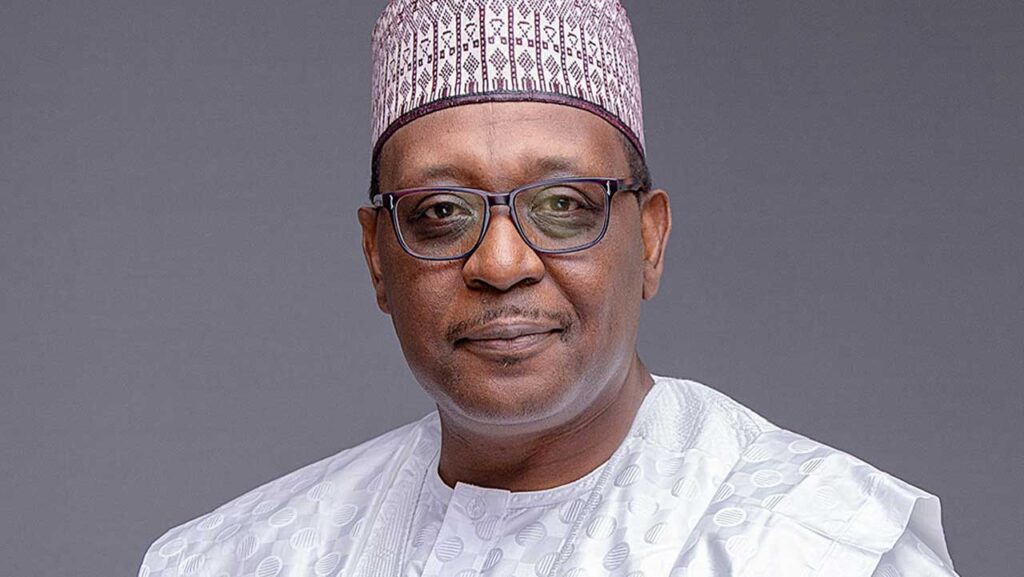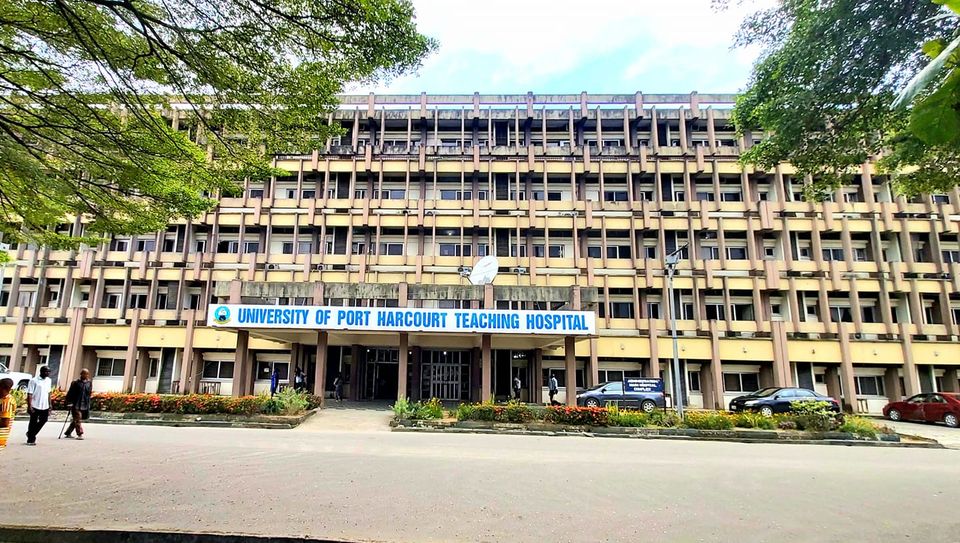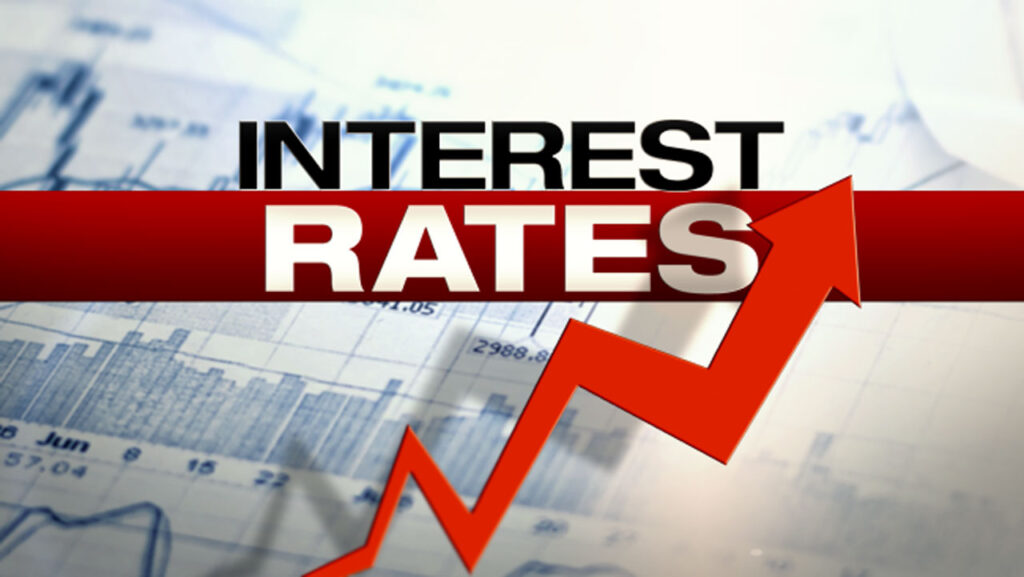
Barely one year after the National Health Insurance Act (NHIA) was signed into law making health insurance mandatory with the upgrade of the National Health Insurance Scheme (NHIS) to an agency, the National Health Insurance Authority (NHIA), recent estimates suggest that less than five per cent of Nigerians have a health insurance cover.
Although making health insurance compulsory is supposed to enlarge the number of Nigerians with health insurance, but it is going to come at a great cost. The NHIA has to carter for ‘free’, 130 million Nigerians pushed deeper into poverty due to out-of-pocket expenditure, and the country is now dealing with both communicable and non communicable diseases (NCDs) unlike the ‘ideal’ model of developed world that are dealing with only NCDs.
To address this, the NHIA has made provision for the Vulnerable Group Fund (VGF) and other mechanisms, with recommendations on how to effectively fund it through innovative mechanisms such a Sugar Sweetened Beverage Tax (SSBT), Telecoms Tax (TT), and tax on air tickets, among others.
Interestingly, the management of NHIA, The Budget Office, the Nigeria Health Watch, civil society organisations, the United Nations agencies, and other key stakeholders are developing strategies to accelerate implementation.
Managing Director, Nigeria Health Watch, Mrs. Vivianne Ihekweazu, at a Health Financing Policy Dialogue, held in Abuja and also online, themed, ‘Accelerating the Implementation of The NHIA Act to Improve Health Insurance Coverage in Nigeria,’ said operationalisation of the NHIA will prevent catastrophic payments. “Implementation of the Act optimally is critical at this point. Uptake of health insurance also hinges on effective communication,” she said.
A professor of Health Policy and Management and Director General of NHIA, Mohammed Sambo, said traditional methods cannot mobilise enough resource to cover vulnerable group. He said new guidelines will soon be taken to the Minister for approval. “A third committee is working on innovative financing. All the three committees are almost ready with the terms of reference. We are seeking the approval of the Federal Executive Council (FEC). There is still a lot to be done,” Sambo said.
He said the Authority has advocated for prioritisation of healthcare financing, as there is a strong relationship between health, productivity and socio-economic development.
Sambo in his presentation at a policy dialogue on accelerating implementation of NHIA Act to improve health insurance coverage, organised by NHIA, in partnership with Nigeria Health Watch, explained that if Nigeria gets the finance of health system right, in terms of revenue mobilisations, revenue pooling, and strategic purchasing mechanism, then it drives the remaining blocks of the healthcare system, including governance, human resource for health, quality healthcare services, access to medicines, and reliable information.
Sambo further said health insurance plays a significant role in attainment of universal health coverage and attainment of sustainable development goal agenda.
“Most Nigerians suffer huge expenses for health, as the compulsory nature of health insurance will ensure over 83 million poor and the vulnerable have access to qualitative healthcare services.”
Sambo further explained that the quality of any discussion on healthcare financing is incomplete without considering the shape and development of a country.
“Social Determinants of Health include access to potable water, the level of education as especially the girl child, the level of environmental system and so on and so forth.
“In climates where these factors are not readily available, the centre of disease is high shelter insurance system of this is to adopt the concept of prioritisation and innovative finance.
“There is still work to be done in advocacy, collaboration, implementation, monitoring, and sanctions for erring parties.
“Any policy must ensure that country takes a lead in putting health at the highest level of the agenda.
“The only way out of this is to adopt the concept of prioritisation and innovative financing. In terms of prioritisation, government will have to put health insurance at the topmost level agenda ahead of competing intersectoral sector demands to mobilise adequate resources to meet the needs and aspirations of the people,” he said.
Director General of Budget Office, Ben Akabueze, in a paper titled “Exploring Innovative Health Finance Mechanism for Vulnerable Group”, said the VGF is going to subsidise the cost of providing health services to vulnerable people in the society.
Akabueze said Nigeria must find innovative financing for health insurance provision through Basic Health Care Provision Fund (BHCPF), health insurance levy, budgetary allocations by government, accruals from the VGF from NHIA investments, donations, grants, gifts, etc., and private sector focused innovative financing, including solidarity levy, community contribution and voluntary charges on air tickets.
Akabueze said he is opposed to multiple taxation and rather recommends increasing the BHCPF from one per cent to two per cent of the Consolidated Revenue Fund (CRF). “Take a portion of taxes on alcohol and tobacco. Ghana and Egypt are doing well, especially on social health insurance contribution, which Nigeria could copy to raise N46.11 trillion. Nigeria can also get over N100 billion yearly from Telecoms tax alone. Example is the Police Fund where companies contribute 0.0005 per cent of their profits,” Akabueze said.
He further explained: “Health is on the residual list, which means it is the responsibility of the state to provide for its people. States must take responsibility for providing qualitative and accessible health for their people.
“Growth is financial constraints remain the key barrier to adequate provision of health insurance in most developing countries, Nigeria not exempted and as a consequence of limited budgets for both from government and even donors.
“The public health budget is below $30 per capita a year and at that level, there is not much healthcare that you can purchase consequence out of pocket healthcare.
“It is therefore critical that we find innovative mechanisms for financing health care especially for those who lack the capacity to pay premiums even for insurance. Not to talk of directly paying for care by themselves.”
General Manager, Legal Services, NHIA, Barrister Blessing Nienge, suggested making health insurance a prerequisite for getting other benefits like drivers licence, international passport etc. She said there is wider stakeholder-inclusion on the implementation committees.











